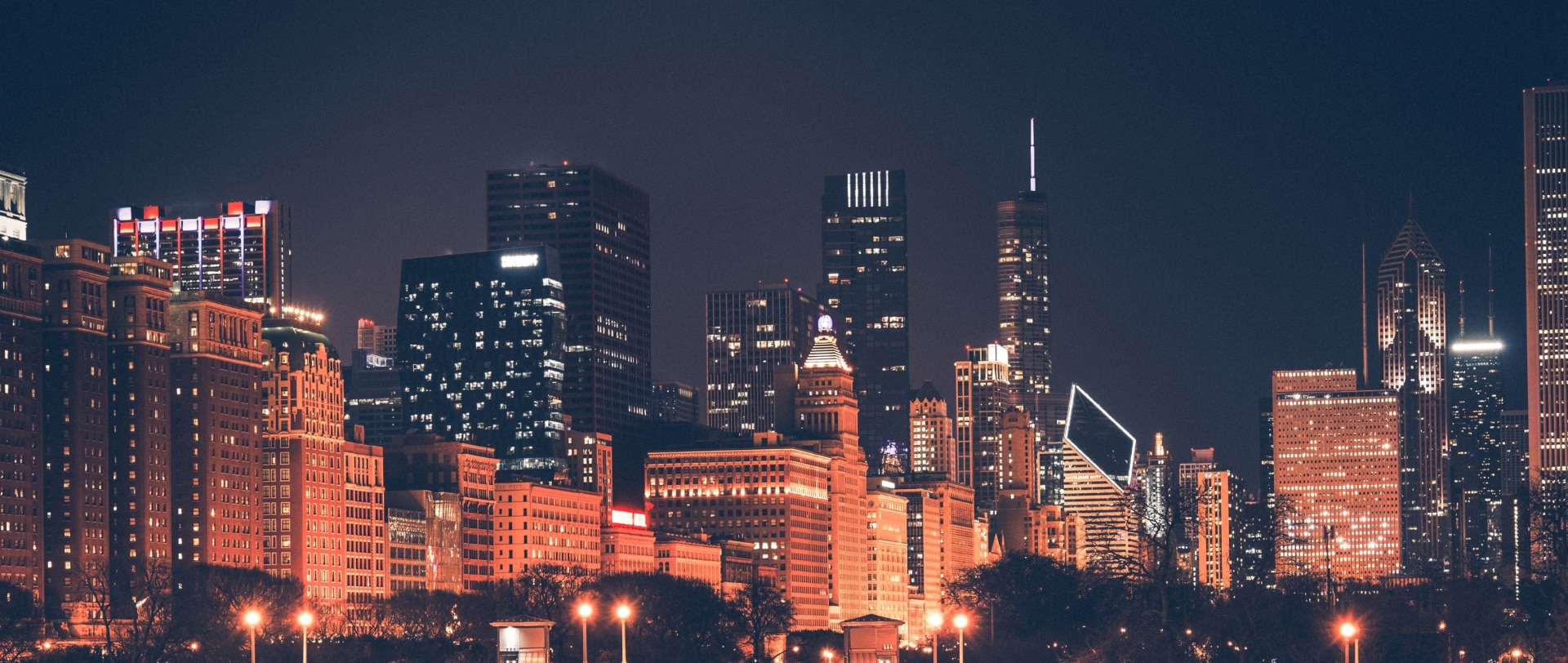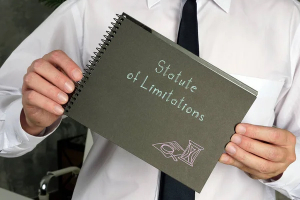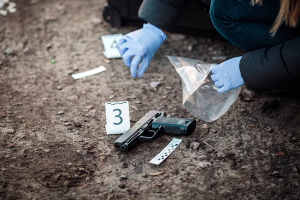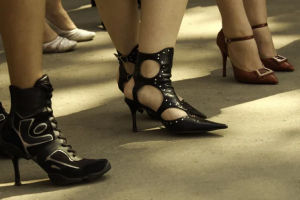







Home » Illinois Statute of Limitations


The statutes of limitations are confusing, aren’t they? So confusing that you don’t even know where to start. This blog post is meant to help explain the Illinois Statutes of Limitations. It will help you determine when the clock starts ticking on a claim and whether a statute has been violated in your case.
Additionally, to understand how the statutes of limitations apply in your specific case, our skilled attorney would love to assess you. We can explain how the statute of limitations applies. Contact us at (312) 726-9000 for a free consultation.
Table of Contents
ToggleEvery state has statutes of limitations on criminal complaints. If a certain time has passed since the alleged crime, the accused may apply to have the case dismissed as untimely. By requiring criminal lawsuits early, the statute of limitations protects eyewitnesses and evidence.
Understanding Illinois law, specifically crime time restrictions can be difficult. Illinois crime statutes of limitations are below.
We provide examples of time limits for certain offenses to clarify this vital feature of the criminal justice system. Let’s examine Illinois’ time limits for specific crimes without further ado.

In Illinois, the statutes of limitations for sexual assault and trafficking crimes are determined by the specific offense.

The production of child pornography in Illinois under § 11-20.1 (a) (1) has no time limit. Child sexual predators can be prosecuted regardless of when they committed the offense.
One year after the victim becomes 18, but no sooner than three years after the offense.
One year after the victim becomes 18, but no sooner than three years after the incident.
One year after the victim becomes 18, but no sooner than three years after the offense.
Within one year after termination.
One year after discovery or one year after prosecuting officer becomes aware of the offense, up to three years.
One year after discovery or after prosecuting officer becomes aware of the offense, up to additional three years.

It’s important to note that the above statutes of limitations may be subject to change. So it’s always advisable to consult an experienced lawyer for up-to-date information.
In Illinois, the statutes of limitations for criminal charges are established to set time limits for prosecuting specific crimes. The general time limits for filing charges in Illinois are:
But murder, sexual assault, and other serious crimes have longer statutes of limitations or no time limit for prosecution. New evidence or an absentee defendant can also extend the statute of limitations.
Understanding statutes of limitations helps the prosecution and defense handle criminal matters quickly.

Illinois has several exceptions to the Statute of Limitations.
This rule allows plaintiffs to file a lawsuit after the standard statute of limitations has:
The discovery rule can also toll the statute of limitations. But only certain circumstances permit the filing of claims discovered after the applicable statute of limitations has run.
Another exception that sometimes applies to the statute of limitations requirements is what’s known as the legal disability. Legal disability means that a plaintiff cannot bring a lawsuit due to a physical or mental disability or because they are a minor.
The statute of limitations usually begins with the offense. When the crime is hard to find, or a person is evading arrest, the law may suspend (or toll) the limitations period.
The Illinois statute of limitations has no time limit if:

Conboy Law understands personal injury claims, the statute of limitations, and other legal issues. Our experienced attorneys will investigate, gather evidence, and present a solid claim on your behalf.
Don’t wait! Personal injury cases are time-sensitive, and the statute of limitations may limit your claims. Call (312) 726-9000 for a free consultation.
We can defend your rights and get you the money you need to heal and move on. You only pay once we win.
Search
If you or a loved one has been injured, don’t hesitate to contact our injury attorneys today!
"*" indicates required fields



60 W Randolph St. 4th
Floor Chicago, IL 60601
Monday to Friday:
Saturday:
Sunday:
Available For Calls
8:00 AM – 8:00 PM
9:00 AM – 5:00 PM
Closed
24/7
Chicago and surrounding areas